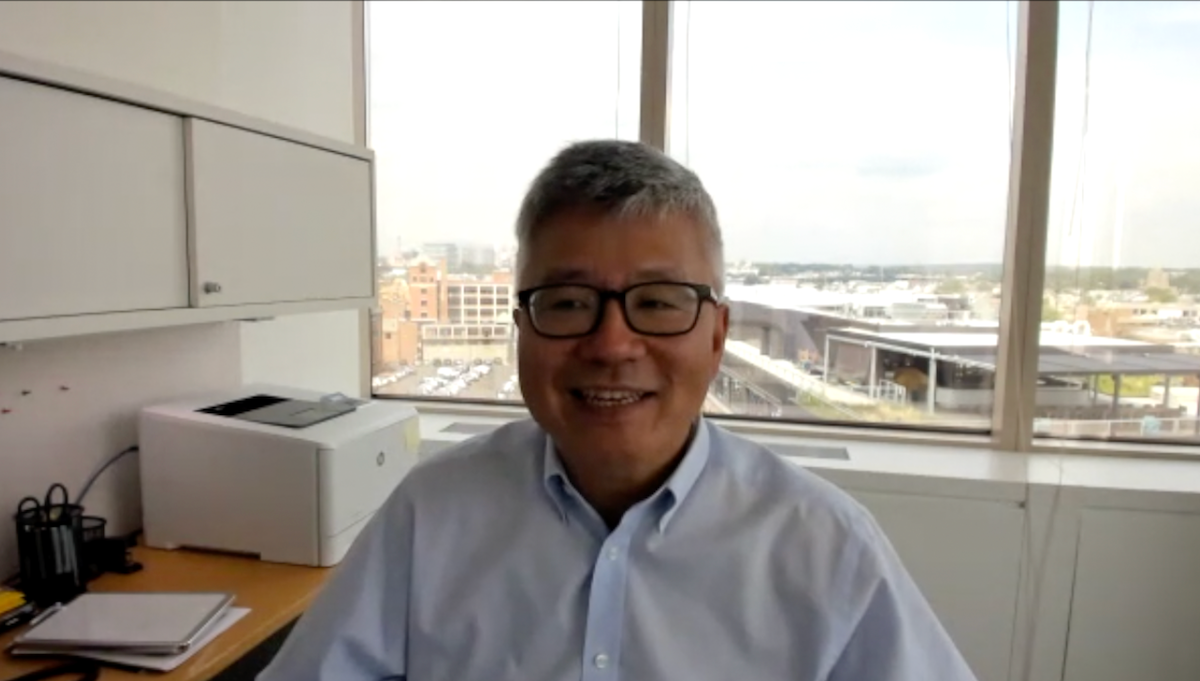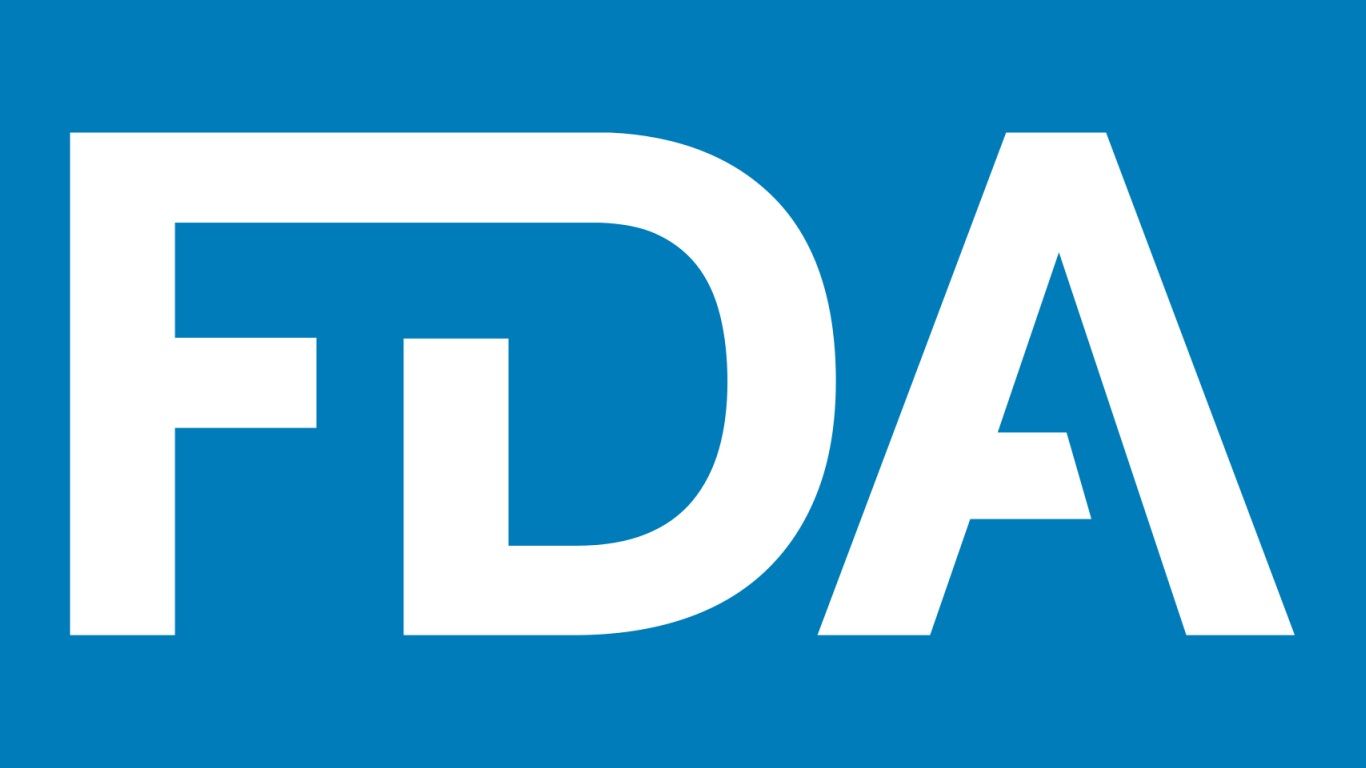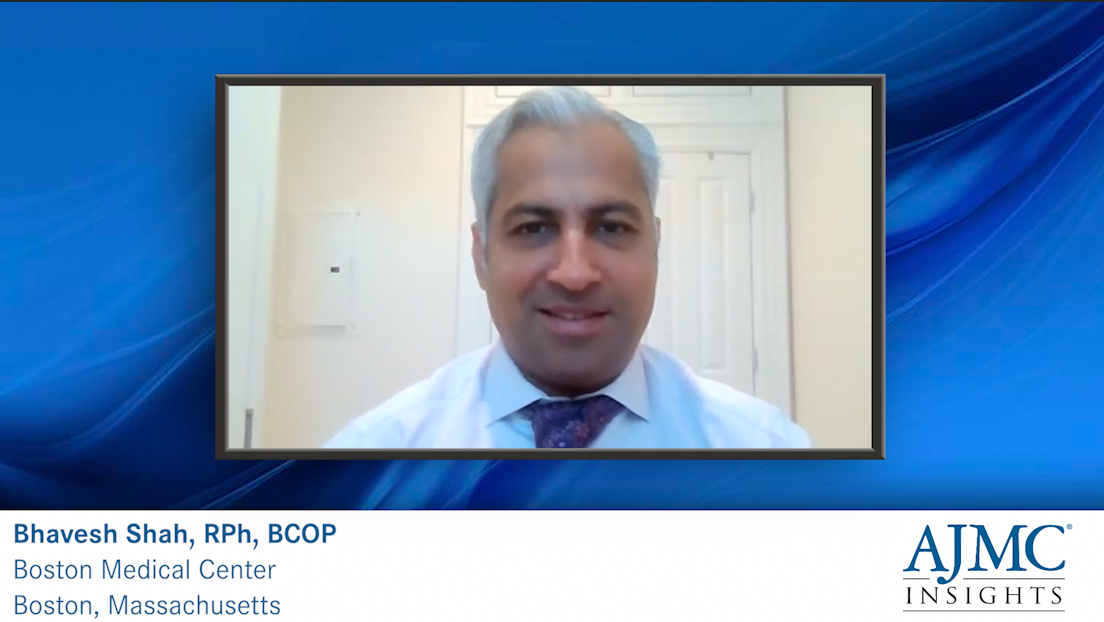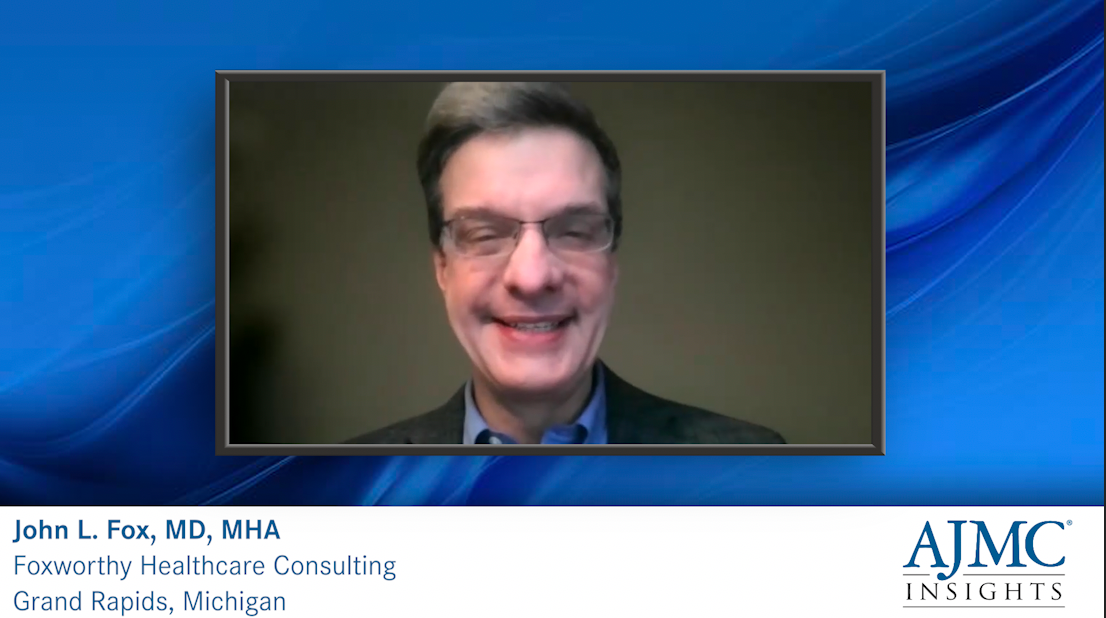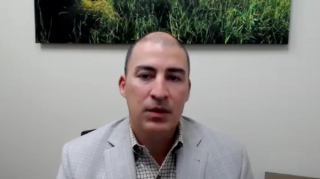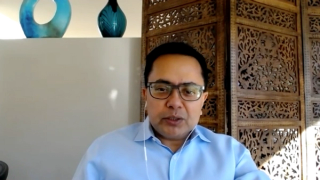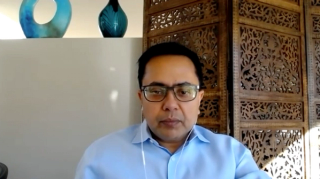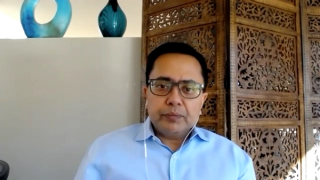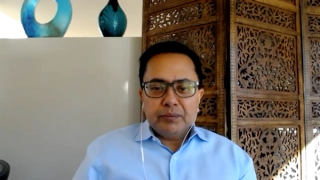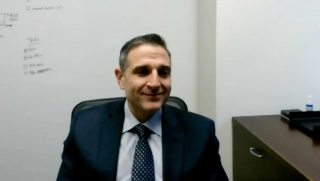
Prostate Cancer
Latest News

Latest Videos

CME Content
More News
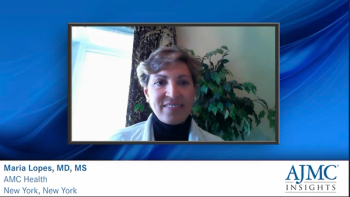
Maria Lopes, MD, MS, elucidates the potential for quality measures and coverage policies to incorporate cardiovascular disease (CVD) and improve outcomes in prostate cancer.
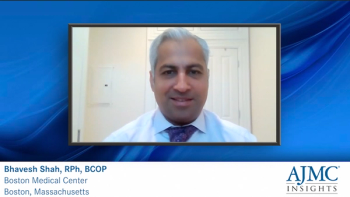
Experts share insight on the need for clinical or real-world evidence to further solidify cardiovascular disease risk as an actionable factor in prostate cancer.
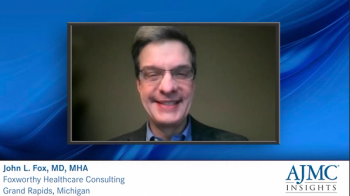
Expert perspectives on factors that inform prostate cancer therapy selection while keeping cardiovascular disease in mind.

Continuing their discussion on cost of care in prostate cancer, experts reflect on how cardiovascular disease impacts risk-bearing practices and alternative payment models.

Shared insight on the impact that cardiovascular disease has on cost of care in prostate cancer.

Experts consider available professional society guidelines on prostate cancer and cardiovascular disease management.

A brief review of factors that may put patients with prostate cancer at increased risk for developing cardiovascular disease.

Reasons for pursuing genomic profiling among patients with advanced bladder, renal, and prostate cancers included guiding treatment and improving treatment response, in which age and education level were found to significantly influence shared decision-making.

Focusing on available agents in prostate cancer, experts consider how androgen deprivation therapy impacts risk of cardiovascular disease.

A comprehensive review of the therapeutic classes available for patients with prostate cancer.

Shared insight on the correlation between prostate cancer and cardiovascular disease, with a focus on the attributes that increase a patient’s risk.

A broad look at the economic burden of prostate cancer and outlook in regard to survival within the current treatment landscape.

Expert perspectives on prostate cancer with deference to clinical presentations, diagnosis, and prognosis.

Experts in gynecologic oncology and genitourinary oncology discuss the current state of PARP inhibitors in prostate and ovarian cancers.
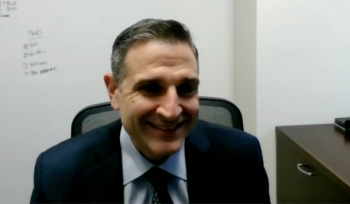
Ashley Ross, MD, PhD, urologist and associate professor at the Northwestern University Feinberg School of Medicine provides insight into genomic testing in postprostatectomy patients.

Bayer and Orion corporation today announced the upcoming expansion of the global clinical development program for darolutamide (Nubeqa), an oral androgen receptor inhibitor for patients with prostate cancer.

Results from the phase 3 PRECISE trial showed that MRI with targeted biopsies matched or exceeded the accuracy of the current standard for detecting clinically significant prostate cancer.
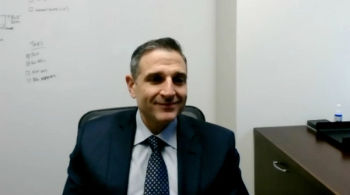
Ashley Ross, MD, urologist and associate professor at the Northwestern University Feinberg School of Medicine, gives insight on the potential for PARP inhibitors in earlier disease settings for prostate cancer.

Shortening a traditional 45-day course of radiation therapy to 5 days of stereotactic body radiotherapy for patients with advanced, high-risk prostate cancer is safe and effective, a study from UCLA Jonsson Comprehensive Cancer Center found.

A recent study from the University of Texas MD Anderson Cancer Center found that men with localized prostate cancer on active surveillance might benefit from following a Mediterranean-style diet.

Magnetic resonance imaging (MRI) is often used in the diagnosis and management of prostate cancer, but the method frequently underestimates tumor size, a study in the Journal of Urology shows.

Florida Cancer Specialists has integrated SpaceOAR Hydrogel into its armamentarium as a pre-treatment for radiation therapy in prostate cancer patients.

Daniel F. Hayes, MD, offers definitions and an algorithm for clinicians to define clinical utility.

The findings could lead to a precision medicine approach to prostate cancer screening.

Congress passes legislation that will delay the start of the Radiation Oncology (RO) Advanced Payment Model; examining the newly identified variant of SARS-CoV-2, the virus that causes coronavirus disease 2019 (COVID-19); a study finds Hispanics and those without college degrees most subject to excess death during pandemic.
